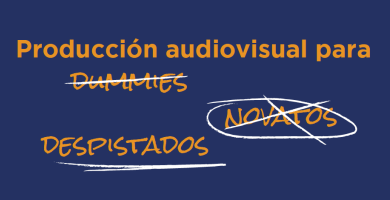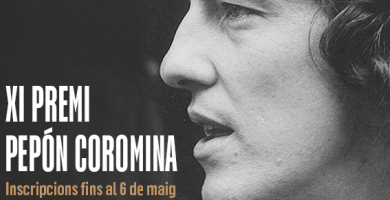
Lucía Dapena, La Selva: "WE ARE ALSO INTERESTED IN BACKING YOUNG CREATORS WHO NEED SUPPORT IN ORDER TO CONSOLIDATE THEIR AUTEUR VISION AND TO PROMOTE THEIR CAREER".
This month we interview Lucía Dapena, a member of La Selva. Creative Ecosystem and the person in charge of its incubator, as well as being a documentary film specialist, screenwriter and content producer. On the occasion of the visit by Lucrecia Martel to Barcelona to participate in her Accelerator project, we talk to her about La Selva and about all the projects that they carry out within the world of audiovisual.

What is La Selva. Creative Ecosystem? And how did the idea of creating it as a cooperative based on the solidarity economy arise?
La Selva. Creative Ecosystem is a film production studio composed of five Latin American filmmakers and producers interested in renewing the traditional film production and distribution processes.
For us, La Selva is a space to experiment with all the film creation processes, from writing to post-production, and involving other forms of distributing work and contents. We are committed to authentic and diverse narratives, fundamental in the representation of a plural and multicultural world. We believe in inclusive, authentic and diverse cinema.
We decided on a cooperative structure because we were tired of the vertical structures and the hierarchy that exists in the film industry. Also, because it connects with the work that we want to do which starts from collectivizing the creative processes and building more inclusive work flows in cinematographic art. We identified with this way of doing things and we wanted to be our own agent for change; that is why we decided to create La Selva.
What are your main goals?
La Selva. Creative Ecosystem was created with the desire to transform the production dynamics and the will to make auteur films from new viewpoints.
Our main goal is to transform cinematographic processes, through a commitment to a way of making films which starts from the community and the cooperative movement. We want to rethink the way in which films are made, since we are convinced that creation must be a dynamic and flexible space open to everyone.
We want to pave the way for films which move away from a hegemonic view and which allow imaginaries to be (de)constructed and the industry to be provided with new, bold perspectives and proposals.
Another of our main goals is to train the public through the creation of accessible spaces for dialogue, reflection and learning in relation to films, achieving an active interaction between films and people. We believe that the audience should be an active subject and not a mere consumer of films.

One of your main programmes is the cinematographic creation Accelerator. This summer you have been working on sound with Lucrecia Martel. Tell us how this idea arose.
The idea of the Accelerator is inspired by previous training programmes which one of our partners, Liliana Díaz, had been developing for some time. Starting from this training experience which she had already put into practice, we began to create a new concept which ended up being the Accelerator.
The Accelerator arose from our desire to transform cinematographic dynamics, since it focuses on promoting the creation of works by emerging authors, challenging traditional production times and forms. For us, it was important to create a specialized programme which would focus mainly on the practical experience of making films, creating a collective cinematographic cooperation and meeting space.
When we proposed the idea of the Accelerator to Lucrecia Martel, she was very excited right from the start and was involved throughout the process for the design and development of the methodology and the way in which it would be implemented. This exchange and creation process with her was very enriching and very inspiring. She is a brilliant woman with a unique vision and very generous in the creation processes. For us, it was very special that she took our idea on board and gave us the opportunity to transform it together with her, adapting it to her vision.
You have already participated in previous experiences, and now you have worked with Lucrecia Martel in Barcelona as you mentioned. What differences have you seen in relation to the previous editions? What did you learn from the first experience which was of use to you on this occasion?
Each training experience is very different to the previous one. Each of the guest directors has a very specific vision when it comes to approaching the art of cinema and this is what is the most enriching, since the Accelerator is intended to reinvent itself in each of its editions, adapting to the director’s vision and also to the space in which it is developed.
In this edition in Barcelona with Lucrecia, for us it was a real challenge because her vision was very bold and ambitious. It was the first time that the director offered such a rich universe of film from which to create and also the first in which the 45 participants shot on the same location and all with the same professional actors. For us, therefore, it was a conceptual and organizational challenge which brought us a great deal of learning experiences and many new ideas for the following editions of the Accelerator.
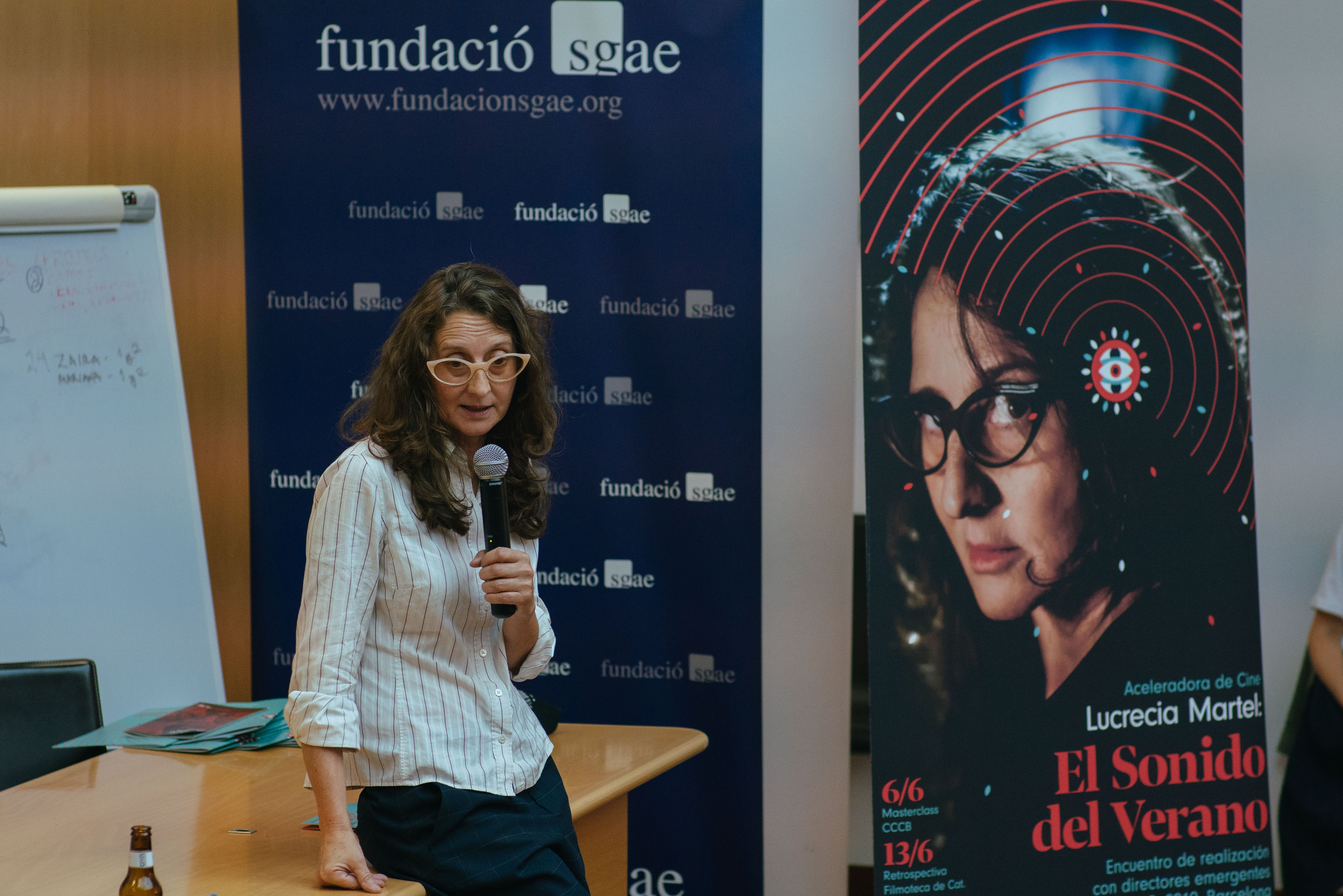
And what experience do you think that it provides the participants with?
We believe that the Accelerator is a very enriching programme, mainly because it gives the opportunity to create a piece of cinema from the idea to the editing, together with an internationally recognized director, who listens to their ideas, advises them on their scripts, gives them advice when it comes to shooting the stories and then, in the editing process, views the results and gives them feedback.
For us, the atmosphere of exchange which is created is also very important: 45 directors from different countries, very different life experiences and visions, together for 10 days sharing goals and challenges and collectively confronting the frustrations and fears that any creative process entails. It is such an intense encounter that it marks a before and an after in the careers of those who participate, thanks to the links which are forged in it and the professional and creative opportunities that it generates.
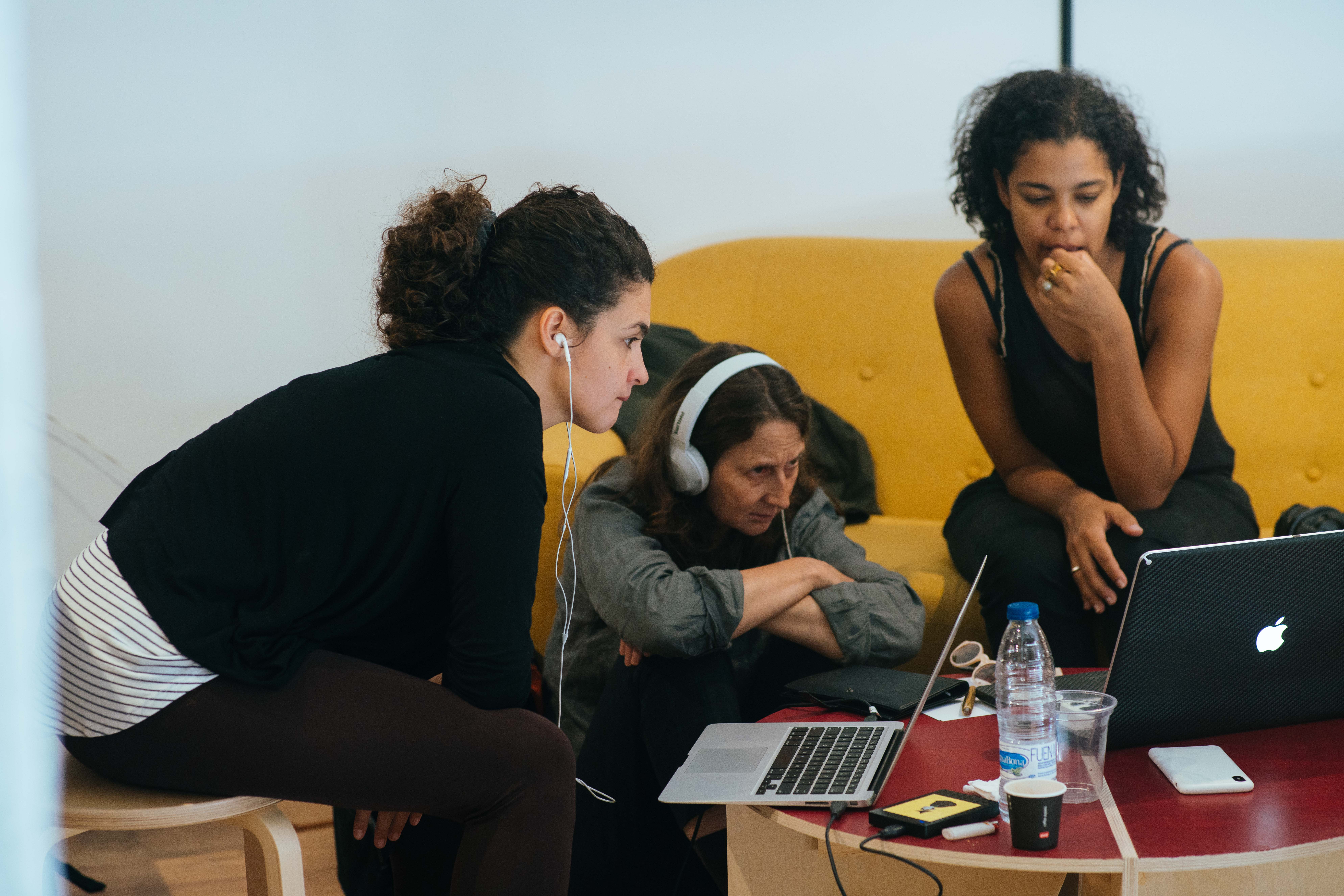
Apart from the Accelerator, you cover various other aspects, such as the Laboratory. What does this consist of?
The Laboratory is also a training programme but it is geared toward authors and producers who have their own fiction or documentary project. It focuses on reflection and advice on these projects in order to promote films with a strong auteur vision, offering them the experience and knowledge of prestigious international film professionals.
It is designed as a comprehensive programme which not only works on subjects of writing and script, but which also analyzes the production processes and the distribution possibilities of each of the projects, seeking coherence in their growth and development.
The idea is that it is held in an isolated residence in an isolated natural setting where they can find peace and inspiration. The isolation of the participants in this space increases their concentration, at the same time as breaking with the artistic solitude which prevails in film development processes, creating a collective space of cinematographic thought in which the creative processes are shared.
Many of your projects focus on helping to develop young talent. What needs do think that these young people have?
Mainly, to feel accompanied and supported in an industry which is so competitive and in which it is so difficult to find a place. We created La Selva to find a space in which to share our concerns and projects and thus be able to carry them out without this involving so much professional and personal sacrifice.
We therefore want to create similar spaces for emerging directors, so that they can see that it is possible to make films in another way and that there are a great deal of people who are willing to collaborate.
We are also interested in backing young creators who need support in order to consolidate their auteur vision and to promote their career.
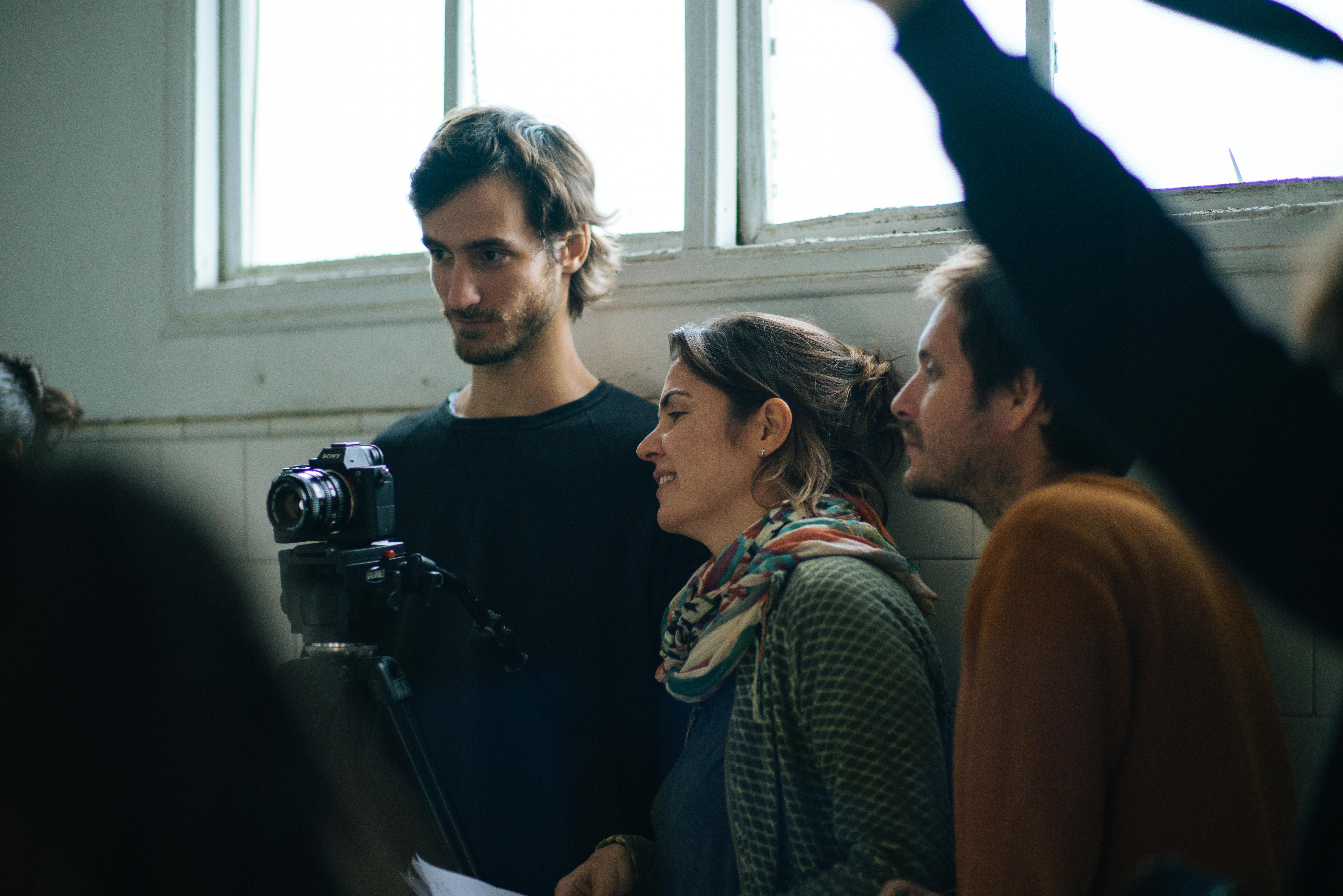
You have four projects in production or in various phases of development: The true story of Willy Muñoz, Xiao Qiang had a daydream, O silencio herdado and O navio e o mar. What attracts you about a project in order to produce it and why these four stories?
For us, it is very important to back films by authors who have new outlooks and bold proposals but who unfortunately do not have a space in the hegemonic film industry. We are interested in producing films which show new visions of the world which allow the image to be rethought and imaginaries to be (de)constructed in order to feed the industry with new artistic and cinematographic experiences.
Image has a great deal of power in relation to the representation, the perpetuation of stereotypes and the construction of the other as an object of cinematographic study more than as an active and political subject which can tell its own stories. For us, self-representation in film is very important and, therefore, we back authors who look at and tell, from other places and other latitudes, stories which cross them in one way or another, with visions which are decolonial, feminist...
The four films that we are currently producing tell very different stories and are directed by authors with very diverse life experiences, but they all challenge learnt discourses and have outlooks and sensitivities which are radical, in the best sense of the word.
Xiao Qiang had a daydream, directed by Xisi Sofia Ye Chen, is a short film about a child’s desire for freedom in rural China; O navio e o mar, directed by Everlane Moraes and Lara Sousa, is a documentary which talks about the different visions of African ancestry and the blackness of the two directors, from Brazil and Mozambique; The true story of Willy Muñoz, directed by Jana Montllor, is about the figure of her father Ovidi Montllor and collective memory; and the documentary film O silencio herdado, which I am directing, talks about (dis)memory through the story of my grandfather, a slave of the Franco regime and in the Spanish post-war years.
Within your In movement space, you offer workshops for children, such as Let’s discover film through Stanley Kubrick. What does this workshop consist of and how is this approach to film received by children?
The film workshops for children are something that we love to do. We have a great deal of fun and it is a space which allows us to approach films in another way, from a simpler and more carefree place.
This workshop intends to introduce youngsters to film with Stanley Kubrick as the reference. His films are famous for their special effects and for the meticulous artwork. In the workshops, the children create the costumes of the characters from Kubrick’s films with recycled materials. They dress up, they put on make-up and, later, with chroma key technology, they see themselves within his scenes and special effects.
What future projects do you have?
We are now working on the second edition of the Accelerator and on the first edition of the Laboratory. We are also making progress with the processes of the films that we are producing in order to carry out the shooting at the end of 2019 and beginning of 2020.
In the future, we would love to be able to manage our own cinematographic meeting space in which to think and develop our programmes and projects: a film creation factory.





